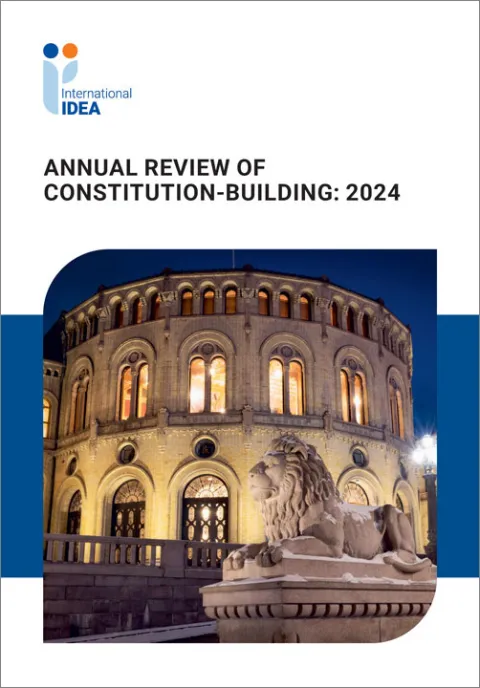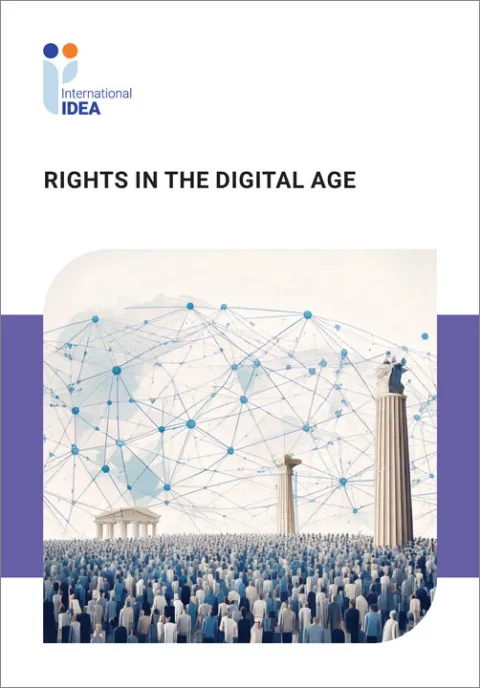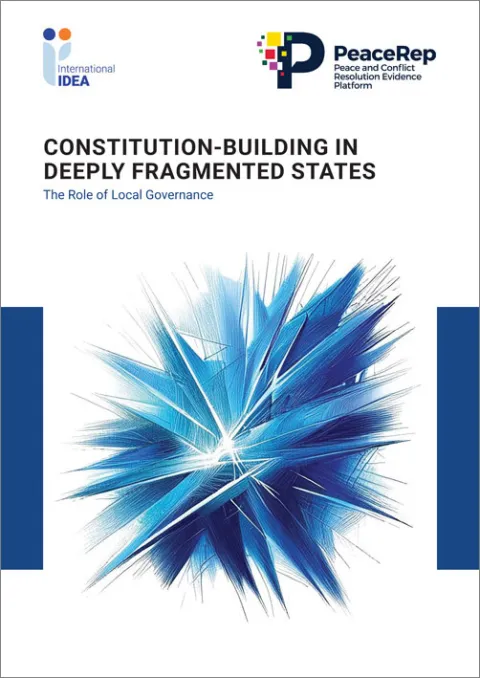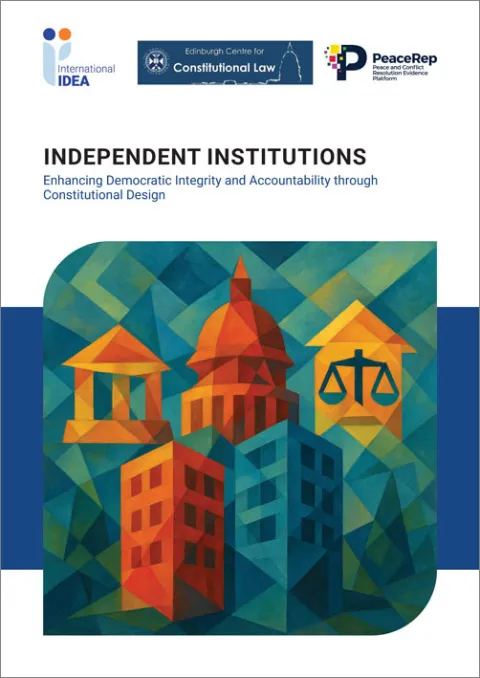Security Sector Reform in Constitutional Transitions
Security sector reform, democratization and constitutional reform are intrinsically linked. The constitution-building process can therefore provide a critical forum for negotiations over changes in the relationship between civilian and security sector institutions.
This Policy Paper aims to support advisors and decision-makers in navigating these complex transitions. The Paper focuses on the relationship between security sector reform (SSR) and constitutional reform processes. While SSR and constitution-building are typically seen as separate issues, in practice they are deeply interconnected, and the success of a transition to constitutional democracy depends on the successful handling of security sector issues. Constitutional reform and SSR processes intersect in democratic transitions from military rule, civil war and authoritarian regimes.
Details
Staff author
Contents
Acknowledgements
Key recommendations
Executive summary
1. Introduction
2. Democratic constitutional change and the security sector
3. Contextual factors
4. Civilian control and oversight
5. Separation of functions and national security councils
6. Legal instrument
7. Sequencing
8. Amnesties and transitional justice
9. Economic interests
10. Conclusion
References
About the authors
About the organizations
Give us feedback
Do you have a question or feedback about this publication? Leave us your feedback, and we’ll get back to you
Send feedbackSecurity Sector Reform in Constitutional Transitions
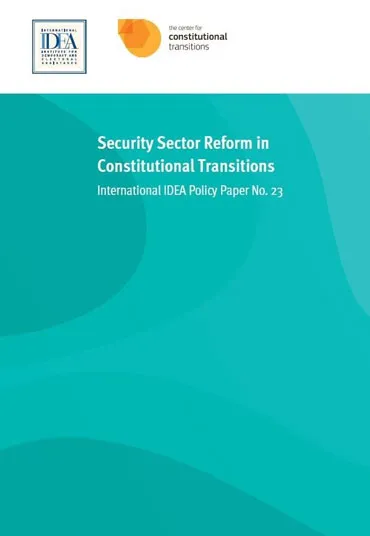
| Total views | 8406 |
|---|---|
| Downloads | 116 |
| Rating |
Staff author
Give us feedback
Do you have a question or feedback about this publication? Leave us your feedback, and we’ll get back to you
Send feedback
